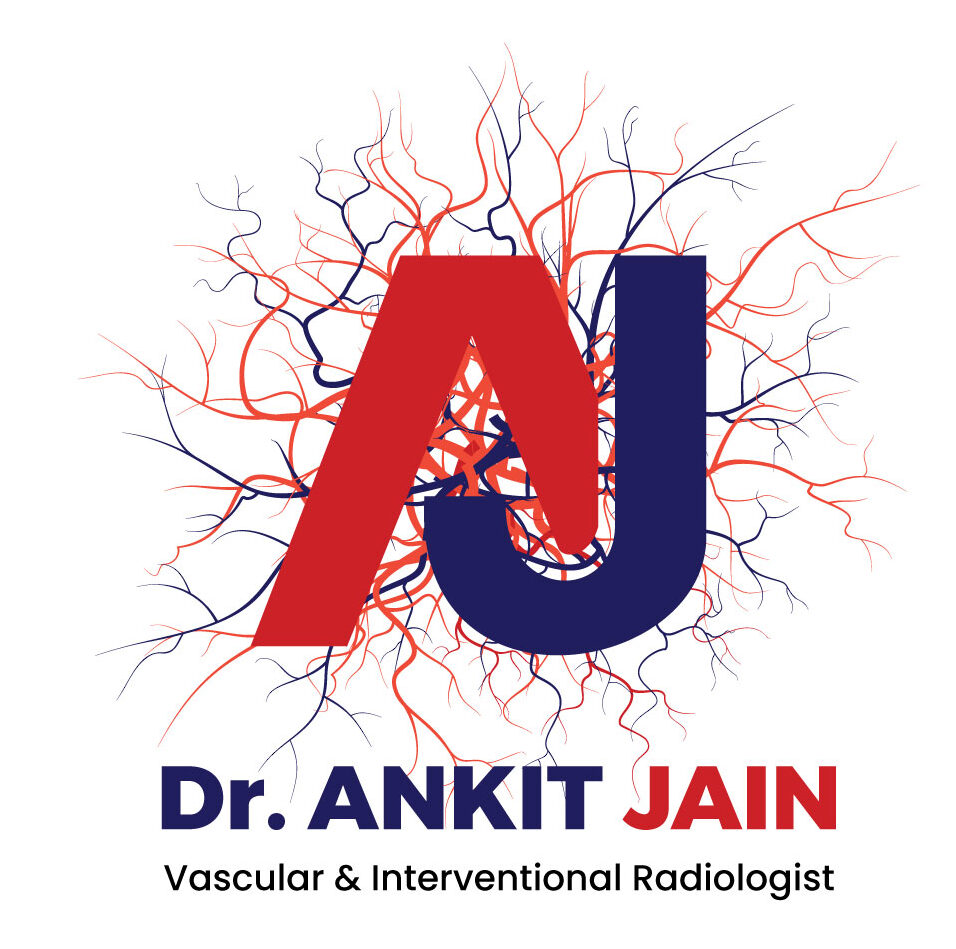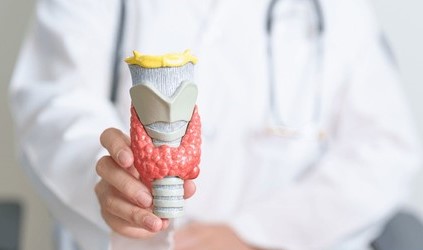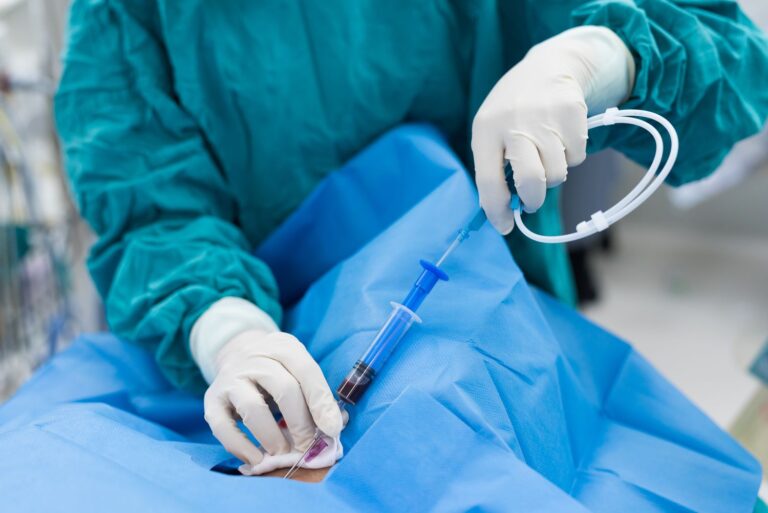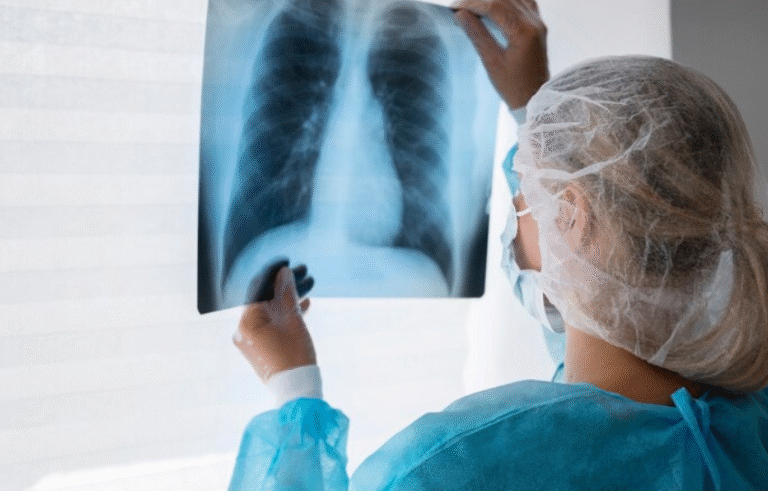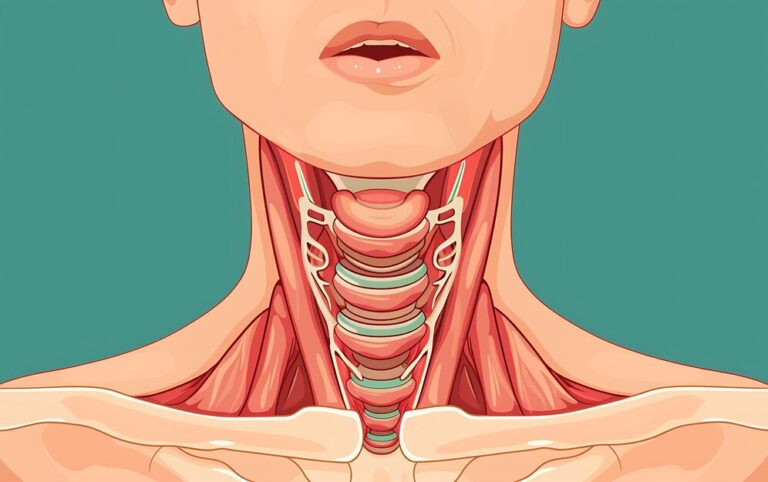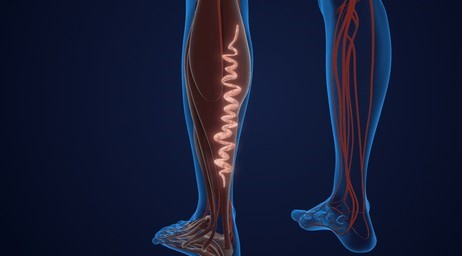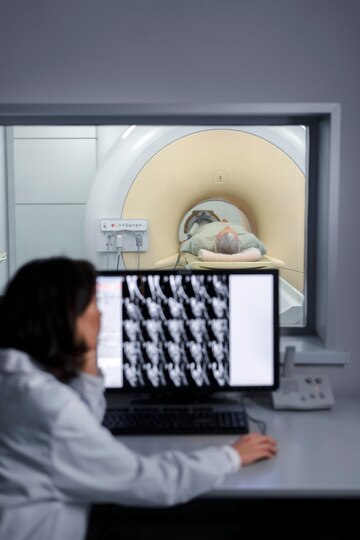Thyroid Nodule Research Advances: Emerging Trends And Innovations
Thyroid nodules are a common occurrence, with a significant proportion of the population developing them at some point in their lives. While most thyroid nodules are benign, some may harbor malignancy, necessitating prompt diagnosis and appropriate management. Recent years have witnessed significant advancements in thyroid nodule research, leading to emerging trends and innovative approaches in diagnosis and treatment. In this article, we will explore these research advances, highlighting emerging trends and innovations in the field.
Diagnostic Innovations
- Molecular Testing: Recent advancements in molecular testing have revolutionized the diagnosis of thyroid nodules. Molecular tests, such as gene expression profiling and next-generation sequencing, provide valuable information about the genetic alterations present in thyroid nodules, aiding in risk stratification and guiding clinical decision-making.
- Artificial Intelligence (AI): AI-powered imaging technologies are being increasingly utilized in the diagnosis of thyroid nodules. Machine learning algorithms can analyze ultrasound images of thyroid nodules with high accuracy, assisting radiologists and clinicians in distinguishing between benign and malignant nodules and reducing the need for unnecessary biopsies.
- Ultrasound Elastography: Elastography is a non-invasive imaging technique that assesses tissue stiffness. Recent studies have shown promising results in using ultrasound elastography to differentiate between benign and malignant thyroid nodules based on their stiffness characteristics, providing additional diagnostic information to complement traditional imaging modalities.
Treatment Innovations
- Image-Guided Ablation Techniques: Image-guided ablation techniques, such as radiofrequency ablation (RFA) and laser ablation, have emerged as minimally invasive treatment options for benign thyroid nodules. These procedures are performed under ultrasound or CT guidance by interventional radiologists, offering patients an alternative to surgery with fewer complications and a shorter recovery period.
- Ethanol Ablation: Ethanol ablation involves the percutaneous injection of ethanol (alcohol) into thyroid nodules to induce necrosis and shrinkage. This technique has shown promising results in the treatment of cystic and predominantly cystic thyroid nodules, with high rates of nodule volume reduction and symptomatic improvement.
- Radioiodine Therapy: Radioiodine therapy, also known as radioactive iodine ablation, is a well-established treatment modality for thyroid cancer. Recent advancements in radioiodine therapy techniques, such as dosimetry optimization and targeted delivery, have improved treatment outcomes and reduced the risk of adverse effects, offering patients with thyroid cancer a more personalized and effective therapeutic approach.
Role of Interventional Radiologist in Sector 79
In Sector 79, Noida, patients can benefit from the expertise of an interventional radiologist who specializes in minimally invasive procedures for thyroid nodules. The best interventional radiologist in Sector 79 possesses the knowledge and skills required to perform image-guided ablation techniques safely and effectively, providing patients with advanced treatment options tailored to their individual needs.
Conclusion
Thyroid nodule research continues to evolve, with ongoing efforts focused on improving diagnostic accuracy, refining risk stratification, and advancing treatment modalities. Emerging trends and innovations in molecular testing, artificial intelligence, imaging techniques, and minimally invasive therapies offer new avenues for the diagnosis and management of thyroid nodules, ultimately improving patient outcomes and quality of life. By staying abreast of these research advances and collaborating with skilled healthcare professionals, patients with thyroid nodules can receive the most effective and personalized care available.
For any further queries, Plz visit drankitinterventionalradiologist.com
